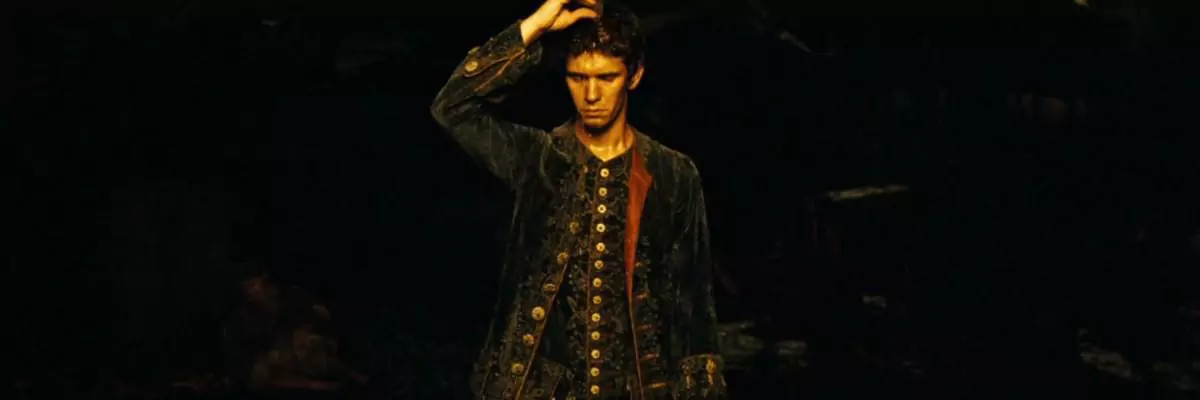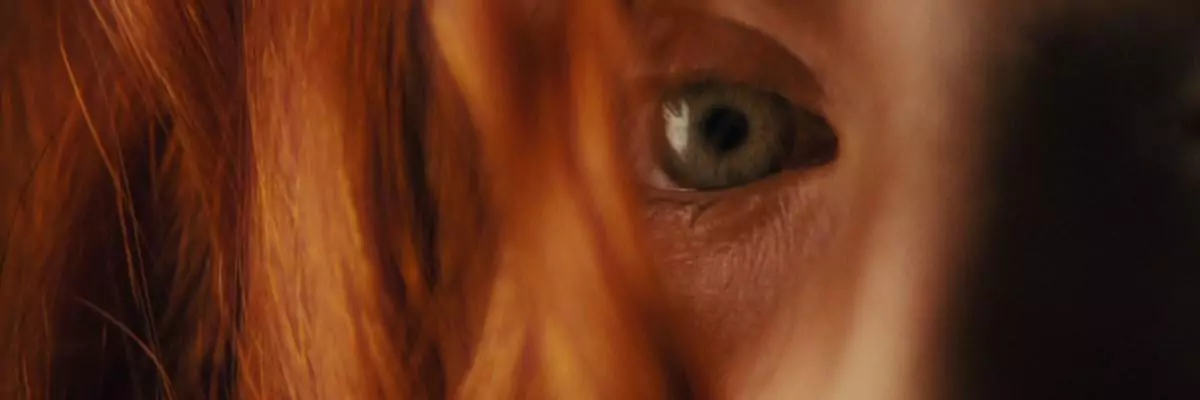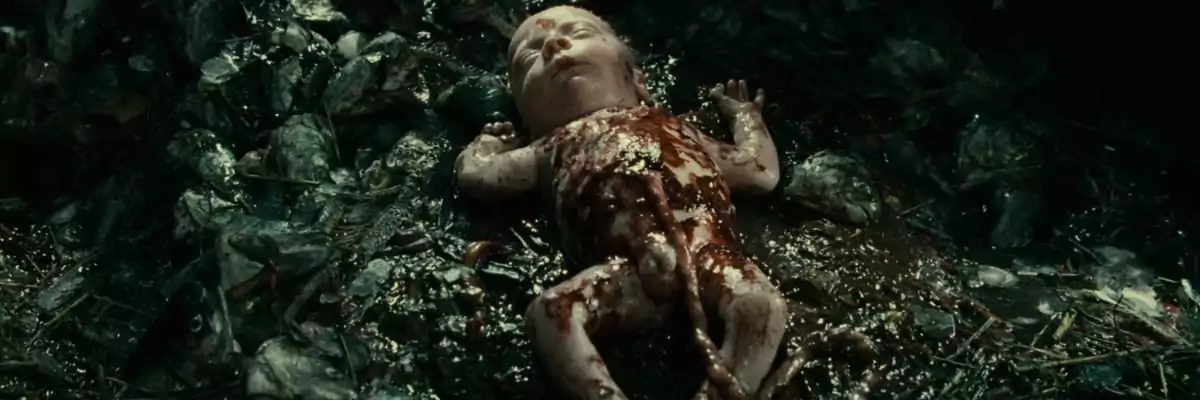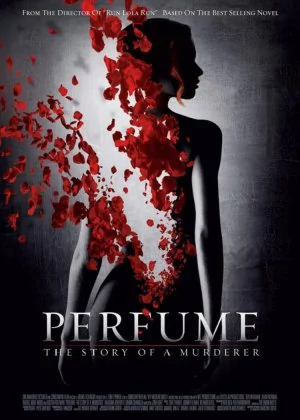Perfume: The Story of a Murderer
I've never been a big fan of historical films, especially not the ones dragging on for more than two hours straight. Needless to say, my expectation were low when I went to see Tom Tykwer's Perfume: The Story of a Murderer in theaters some 10 years ago. But what are expectation for if not to be shattered. Perfume turned out to be an excellent piece of cinema and 10 years later it hasn't lost any of its edge. Revisiting it for a second time was every bit as captivating as seeing it with virgin eyes all those years ago.

The film is an adaptation of the German novel Das Parfum, written by Patrick Süskind. For once I have actually read the source material, though only after having seen the film first. While this might have somewhat affected my judgement, I feel quite confident that Tykwer's rendition far outshines the book in its attempts to transfer the mystery of smell to its audience. While the book mostly resorts to repeating the word 'olefactory' page after page (disclaimer: I did read the English translation), the film actually captures the beauty of smell through image and sound.
What sets Perfume apart from most other historical films is the fact that it doesn't feel obliged to stick to old-fashioned cinematographic techniques. Very often historical films are somewhat plain in their presentation, forgoing more modern styling as were it some kind of anachronism that would break people's suspension of disbelief. Tywker clearly doesn't mind and puts all his cinematography tricks to use in order to make this film come to life. And with amazing result.
Perfume tells the story of Grenouille, a young orphan growing up in the poorest quarters of Paris. He's somewhat of an outcast, but possesses an extraordinary sense of smell. On his first trip to the wealthier quarters, he becomes so infatuated with the smell of a young girl he ends up killing her by accident. Torn by the loss of her smell Grenouille seeks out the help of an old and washed-up perfumer, begging the man to teach him about composing perfumes and extracting smells from all different kinds of objects.

Transferring the sense of smell to film is no easy task, so it's understandable Tywker used every trick in the book to get the job done. For that reason alone, the cinematography stands out. There are lots of close-ups and tracking shots giving the audience a better feel of materials and their textures, scenes in slow-motion highlight Grenouille's extraordinary skill and rapid editing creates a feel for Grenouille's surroundings that goes beyond simple visual impulses. The introduction on the fish market wouldn't look too out of place in a Tsukamoto film (think Soseji), which is surprising for what is by and large a commercial blockbuster project.
The soundtrack too plays a big part in this. Written by Tykwer himself, the score is comprised of ethereal-sounding classical music and symphonic opera-like pieces. In combination with the visuals it makes for an overpowering experience, the sensation of smell coming to life through the thick atmosphere, created by all different audiovisual elements working in unison. While not typically the kind of music I prefer, Perfume is the perfect example of a soundtrack that works wonders within the context it is used.
And finally there is Ben Whishaw, who almost single-handedly carries the film. He has little dialogue to work with, yet his awkward, almost alien postures and expressions effectively bring Grenouille to life. No doubt this is one of the roles he'll be remembered for. The secondary cast too is up to standards, with Dustin Hoffman as the whimsical perfumer Baldini and Alan Rickman as the overbearing father, but their parts are mere blips within the total span of the film.

Sealing the deal is Tykwer's ability to keep it tense and interesting for the film's entire running time. The first time I watched Perfume, I expected it to settle down halfway through, but luckily that never happened. The story keeps advancing in surprising directions while the cinematography refuses to take a step back. Tykwer builds up to a sprawling finale which baffles in the finest way possible. It's rare to see a film keeping up its momentum for two hours plus, but Perfume manages to do exactly that.
Perfume still feels quite modern and contemporary because none of its audiovisual trickery was used gratuitously. The film is 10 years old now, but it doesn't feel like it has aged all that much since it was first released. Everything Tykwer does is done with a very specific reason, giving it a stylistic splendour that rises far above the hype of the day. Add some strong performances and an interesting story and you have a film well equipped to become a righteous classic.
